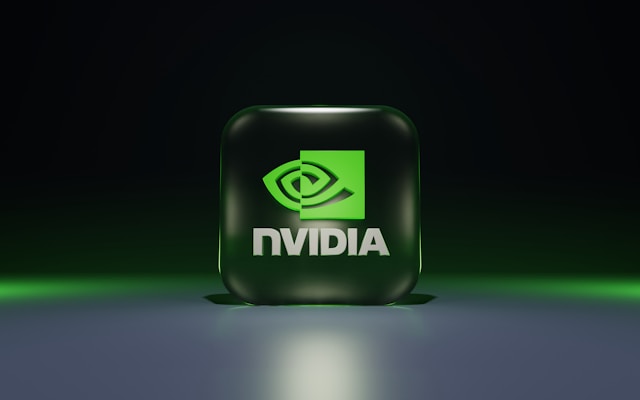Nvidia (NVDA) has inked a series of strategic partnerships with Japanese cloud companies expected to strengthen and secure the country’s position in the new era. Like many other countries, Japan has been at the forefront of establishing itself as a powerhouse amid the AI revolution. The push comes as nations race against time to strengthen their prospect amid technological dominance.
Japan AI Push
As part of the new strategic partnership, Nvidia will supply Japan’s telecommunication giant Softbank with its DGX B200 systems designed to serve as the foundation of the supercomputer, Nvidia DGX SuperPOD. The computing infrastructure has the potential to support a wide range of AI services and research initiatives and transform robotics, automotive, healthcare, and other sectors.
Softbank will also use Nvidia’s AI supercomputer system to develop its own Gen AI development and AI-related businesses. It will also use the advanced system to support university institutions and companies throughout Japan.
Similarly, Softbank has revealed plans for an additional Nvidia-accelerated supercomputer built on the Nvidia Grace Blackwell platform and the DGX SuperPOD. In order to further strengthen Japan’s AI capabilities, this system is designed to manage workloads that require a great deal of computation. On the other hand, leading internet service provider GMO Internet Group is introducing GMO GPU Cloud, the first local cloud solution in Japan to incorporate Nvidia’s full-stack AI technologies.
With over 700 businesses specializing in AI technology, Japan’s AI industry is expanding quickly. These include startups, small and mid-sized companies, and big, competitive enterprises. The nation’s AI market is growing to include software development and other cutting-edge fields in addition to its conventional focus on robotics, especially in industrial and medical applications.
AMD Trims Workforce for AI
Meanwhile, Advanced Micro Devices (AMD) intends to trim 4% of its workforce in order to concentrate on areas with greater room for growth, such as the development of chips to power artificial intelligence models.
As of the end of last year, 1,000 of the 26,000 jobs were being laid off. The company lags far behind industry leader Nvidia in terms of GPU market share, coming in second. AMD CEO Lisa Su wants to bridge the gap in a market predicted to grow rapidly in the coming years.
EU Trump Concern
Separately, European startups and AI researchers are closely monitoring the United States following former President Donald Trump’s reelection. There are worries that Trump’s deregulatory America First policy may put European AI in an even more precarious position than it is now, given the region’s tech companies typically draw less capital than their American counterparts and the region’s escalating AI regulations.
Trump’s refusal to regulate AI would further widen the divide between the US and the EU, where privacy regulations restrict the amount of data AI firms can use to train their models. The EU has already passed the AI Act, which places significant obligations on businesses developing high-risk AI systems. It also outlaws specific applications of AI, such as manipulating people or determining someone’s race or sexual orientation based on their biometric data. As they get ready for the new law’s full implementation in the middle of 2026, many European startups are juggling its implications and worry that uncertainty will hinder their growth at a time when the United States is solidifying its position in the quickly developing global AI market.


